The Stories Corporate Media Failed to Cover This Week
The Trump-Putin summit in Helsinki is the biggest news of the year so far, but let us not lose sight of all the critically important related stories that are going untold.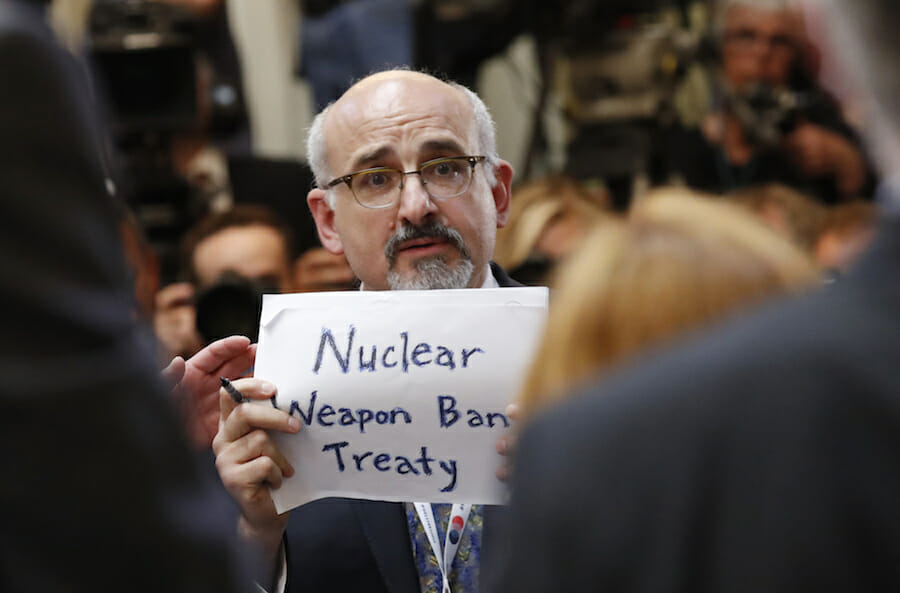 Journalist Sam Husseini, reporting for The Nation magazine, displays a sign before being forcibly removed from a press conference after U.S. President Donald Trump and Russian President Vladimir Putin met Monday at the Presidential Palace in Helsinki, Finland. (Pablo Martinez Monsivais / AP)
Journalist Sam Husseini, reporting for The Nation magazine, displays a sign before being forcibly removed from a press conference after U.S. President Donald Trump and Russian President Vladimir Putin met Monday at the Presidential Palace in Helsinki, Finland. (Pablo Martinez Monsivais / AP)
Donald Trump’s antics over the past week have sent the world into a tizzy. With his preferential treatment of Russian President Vladimir Putin over his own Justice Department and intelligence agencies fueling calls of “treason,” we’ve all but forgotten the incredible firestorm Trump ignited less than a week ago at the NATO summit in Brussels or the reports of his collusion with retiring Justice Anthony Kennedy to replace Kennedy on the Supreme Court with Judge Brett Kavanaugh. As has been typical of the Trump presidency, each week’s news is so jaw-dropping that we forget the horrors of the week before, while our president tramples like a bull in a china shop over expectations, diplomatic norms and the difference between truth and lies. What important stories and contexts were eclipsed by Trump’s global tantrums over the past week?
Starting with his attendance at the annual NATO summit in Brussels, Trump called for an increase in military spending by NATO members to match the United States’ 4 percent of the national budget. But he didn’t mention the war in Afghanistan, where NATO’s only current military operations are ongoing. That long war, sparked by the U.S. after the Sept. 11, 2001, attacks, was meant to be on the agenda in Brussels—especially because NATO is expanding its mission with an increased troop presence—from 13,000 to 16,000—and is even starting a new mission in Iraq at the request of the United States. Afghan President Ashraf Ghani was at the summit, but, as this Guardian report details, he was asked to leave after Trump singlehandedly transformed the agenda. Since then, as well as before the summit, there has been little discussion of the U.S. and NATO’s goal in the never-ending war, why more NATO troops will make things better when previous troop increases didn’t, and what the Western military operation has achieved so far.
Also largely overlooked in coverage of the summit was the story of the U.S.-EU split over the Iran nuclear deal. U.S. Secretary of State Mike Pompeo arrived in Brussels just before the summit expecting to impress upon European allies the importance of abandoning the nuclear deal President Obama’s administration had carefully brokered and to push for harsher sanctions instead. It is not clear whether Pompeo’s meetings actually took place, but Trump himself referred to Iran only briefly during a news conference when asked a question by a reporter. In his answer, Trump may have inadvertently revealed his logic for abandoning the Obama Iran deal, saying, “At a certain point, they’re going to call me and they’re going to say, ‘Let’s make a deal,’ and we’ll make a deal. But they are—they’re feeling a lot of pain right now.” Rather than preserve the deal the U.S. and Europe already made with Iran, Trump appears to want the glory of deal-making for himself. Europeans have not yet capitulated to his demands.
After blowing up the NATO summit, Trump headed to the U.K., where he continued his trail of devastation, starting with an interview he gave to the tabloid paper The Sun ahead of his meeting with Prime Minister Theresa May. During that interview, Trump boasted of how he mansplained to May the best way to conduct her nation’s tricky Brexit negotiations, saying, “I actually told Theresa May how to do it, but she didn’t agree; she didn’t listen to me.” In that same interview, Trump explained that if May opts for a “soft” Brexit process to keep the U.K. tethered to the European Union, a proposed U.S.-U.K. trade deal will be off. “If they do a deal like that, we would be dealing with the European Union instead of dealing with the U.K., so it will probably kill the deal,” Trump said. What has not received much attention is how social justice organizations around the U.K. are opposed to any trade deal between the U.S. and U.K., not because of ties to the EU but because of the pro-corporate bent of the deal. Global Justice Now has urged May to kill any deal because it would be “a massive attack on our food standards, our National Health Service, our environmental protection and much more. It will leave U.S. multinational corporations in the driving seat—able to sue our government whenever they step out of line.”
Which brings us to the Trump-Putin meeting in Helsinki on Monday. What ought to have taken center stage was the ongoing brutal Syrian war, in which Russia is openly aiding Syrian dictator Bashar Assad in the destruction of his country. Instead, discussions of Syria were overshadowed by Trump’s vacuous defense of Putin against Trump’s own government’s findings on election interference. Still, Putin managed to say a few words during the press conference about helping Syrian refugees return home—words that rang deeply hypocritical, given Russia’s direct bombings of Syria that have led to thousands of civilian casualties. Even as the Helsinki summit was in progress, Russian planes had been dropping bombs near the Syrian border with Israel. Putin dismissed the carnage his bombs have wrought (using words reminiscent of past statements by American elites) in an interview on Fox News: “You know, when there is a warfare going on—and this is the worst thing that can happen for the humankind—victims are inevitable,” he said.
Also overshadowed by the Trump-Putin debacle was the Nuclear Weapon Ban Treaty, which one journalist was hoping to raise in a question at the Helsinki news conference before being dragged out. Sam Husseini, credentialed by The Nation magazine to cover the story, held a piece of paper in his hand that simply read, “Nuclear Weapon Ban Treaty,” but rather than focus on what that treaty is and why the U.S. and Russia have not joined it, media outlets have instead focused on the rough treatment of the journalist. The Treaty on the Prohibition of Nuclear Weapons was passed last year and is a groundbreaking weapons ban that nearly 60 countries have signed. If Trump was really interested in preventing nuclear weapons development by North Korea and Iran, he would sign the treaty and pressure those countries to sign on as well. But neither the U.S. nor Russia are interested in a world free of nuclear weapons—only a world where they alone (and perhaps Israel) remain capable of such mass destruction.
Also entirely missing from the coverage of intelligence agencies’ findings of Russian interference in the 2016 election is the historical context of U.S. interventions in other democracies the world over for many decades now. The CIA and other American agencies have changed the course of world history through interventions that have carried bloody legacies and whose effects are felt today from Iran to Honduras. This history does not excuse Russian efforts to change U.S. election outcomes; it is simply a crucial piece of information to remind us that Russian intelligence officers are taking a page out of the CIA’s handbook.
It is far too easy to get deluged by information, overwhelmed by the endless posturing, backtracking, lying and corruption emanating from Washington, D.C., these days. But the corporate media is still the corporate media, and its framing of current issues remains far too narrow.
Your support matters…Independent journalism is under threat and overshadowed by heavily funded mainstream media.
You can help level the playing field. Become a member.
Your tax-deductible contribution keeps us digging beneath the headlines to give you thought-provoking, investigative reporting and analysis that unearths what's really happening- without compromise.
Give today to support our courageous, independent journalists.
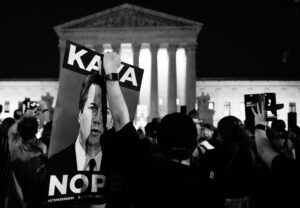
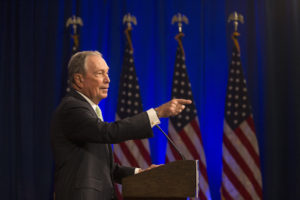
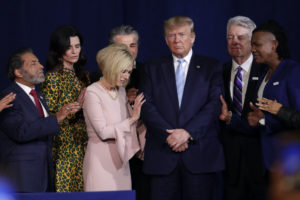
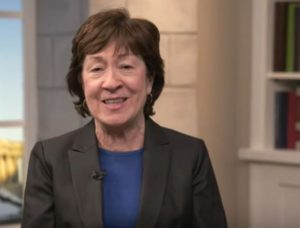
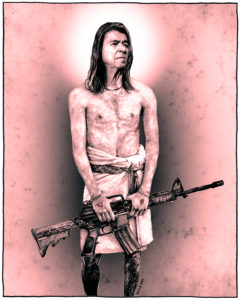
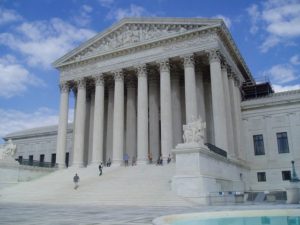
You need to be a supporter to comment.
There are currently no responses to this article.
Be the first to respond.